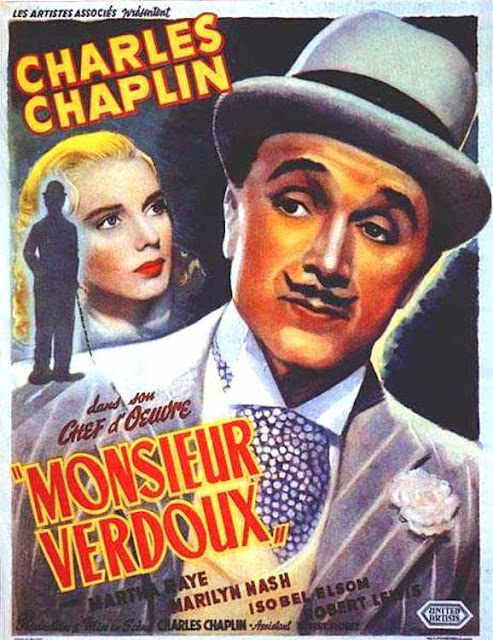☆ ☆ ☆ ☆ ½
They Shall Not Grow Old (2018) – P. Jackson
There
was a time when “colorization” spruiked by Ted Turner was universally decried
(and it is still a travesty when applied to the Golden Age of Hollywood). But director Peter Jackson has found a
brilliant way to use this technology to bring history to life. He’s used found footage of British troops in
WWI and matched it up with recorded oral histories from surviving vets to
produce an astounding and physically impacting depiction/description of the
Great War. Beginning with recollections
of their motives for signing up (and impossibly young ages), we move through boot
camp and then over to the trenches in France.
After a brief beginning in B&W, Jackson and his team of creative
wizards move into widescreen colour and the footage leaps off the screen. It is gruesome as all hell and not for the
faintly hearted. The transformation from
wide-eyed boys looking for adventure to weary wounded and traumatised souls is
palpable. There’s enough real detail
here to create a “you are there” experience -- and you wouldn’t want to
be. Is it enough to prevent yet another
war or will people feel that modern battle (with drones etc.) is different/detached?
Innocent people still die. And death is
all around in this film that still manages to remain a tribute to the bravery
of those who enlisted (on both the British and German sides, in fact) on the centennial
anniversary of the end of the war. Of
course, one can question some of the choices here – clearly Jackson and crew
added the soundtrack (created entirely from scratch to fit the images), selected
the quotes, chose the footage (which is sometimes repetitive), etc. It is not too far from a personal essay in
that regard, though Jackson wisely keeps out of the frame. In the end, it is impossible not to be
walloped by this.





























